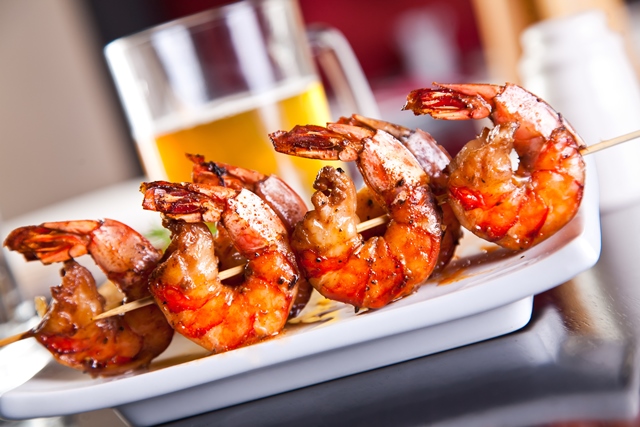Colistin, a last-resort antibiotic crucial for treating life-threatening bacterial infections, is facing an alarming rise in resistance worldwide. The growing resistance threatens to limit treatment options for infected individuals and raises concerns in global health.
Researchers from the University of Georgia have uncovered a potential contributor to the spread of colistin-resistant bacteria: imported seafood. In a recent study, the team detected colistin-resistant genes in bacteria found in shrimp and scallops sold in markets around Atlanta, Georgia. This marks the first identification of such genes in seafood products from overseas.
Around 90% of shrimp consumed in the U.S. is imported, and while these seafood products undergo some screening for contaminants, the detection of antimicrobial resistance genes often goes unnoticed. The study revealed that some of the bacteria carrying these resistant genes also contain plasmids, which allow the genes to be transferred between bacteria.
Antimicrobial-resistant infections are responsible for hundreds of thousands of deaths annually, making colistin’s continued effectiveness essential. Although colistin was withdrawn from human use in the U.S. in the 1980s, its application in agriculture—especially for livestock—remains common in many countries. The antibiotic has regained importance due to its role in treating specific infections that no other drugs can manage.
The discovery of mobile colistin-resistant genes (mcr), which can be transferred between bacteria, is a significant step in understanding the spread of resistance. Researchers have now identified at least ten mcr genes, which may be transported globally through the trade of food products. In prior research, these genes were found in wastewater, and now, they have been linked to imported seafood.
The findings highlight the need for stronger global monitoring systems to track antimicrobial resistance across borders and ensure that resistance does not spread unchecked through international trade channels.


